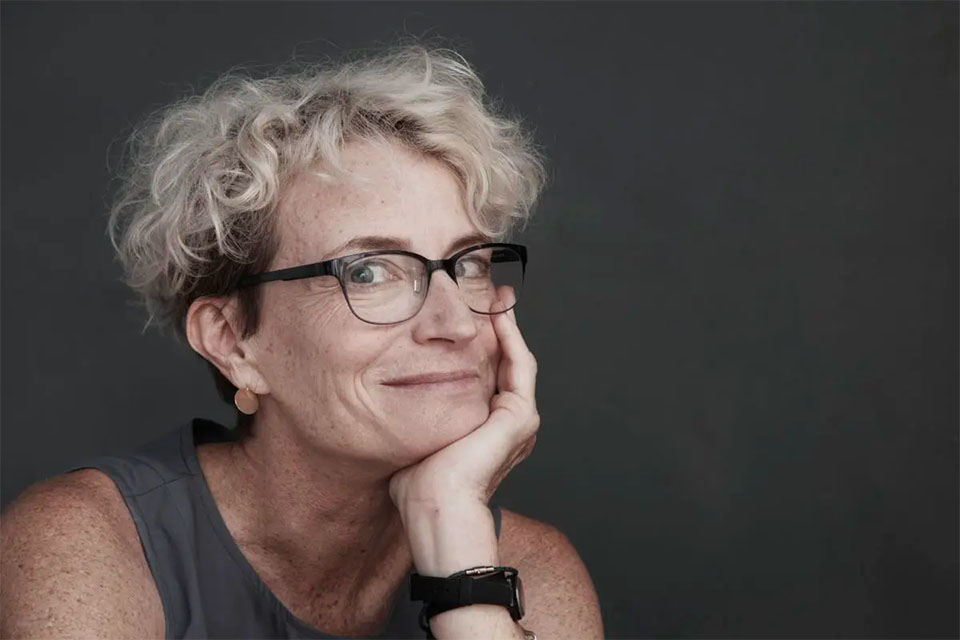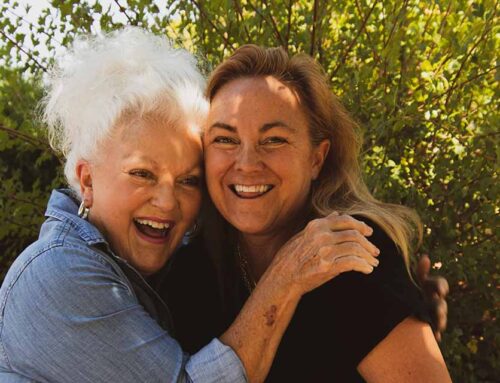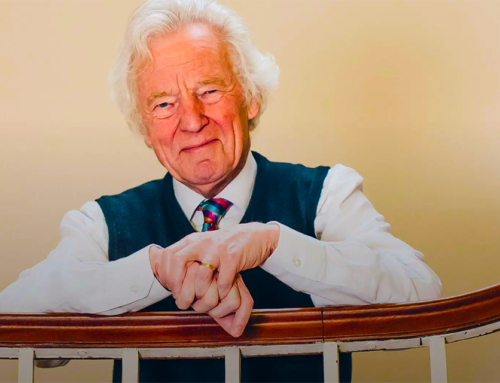Learning Resources
Pushing Back Against Ageism – Ashton Applewhite
Ashton Applewhite is a writer and activist based in Brooklyn, New York, United States. She is the author of This Chair Rocks: A Manifesto Against Ageism and a leading spokesperson for the emerging movement to raise awareness of ageism and to dismantle it.

Beating age discrimination with Ashton Applewhite’s manifesto against ageism
Everyone worries about being old, yet no one actually wants to be young again. (No swapping out just the battered bits. Go ahead, ask around.)
Average global life expectancy has more than doubled since 1900, yet this remarkable achievement is often framed as a disaster-in-the making. What’s going on?
Underlying all the hand-wringing is ageism: discrimination and stereotyping on the basis of age. Ageism cuts both ways and younger people experience a lot of it, but older people bear the brunt.
Ageing is not a problem to be “fixed”; it is a natural, powerful, lifelong process that unites us all. Ageing isn’t something annoying that old people do; it’s a journey each of us embarks upon the day we’re born. Nor is ageing a disease to be cured – or life itself would be a disease. But shame and fear create markets – and capitalism always needs new markets. Who says wrinkles are ugly? The multibillion-dollar anti-ageing skin care industry. Who says perimenopause and ‘Low T’ and ‘mild cognitive impairment’ are medical conditions? The trillion-dollar pharmaceutical industry. And what a market, because everyone wakes up a day older!
The more clearly we see these forces at work, the easier it is to envision alternative, more positive, more accurate narratives. The longer we wait, the more damage they do:
Ageism cuts work lives short.
Not one negative stereotype about older workers holds up under scrutiny. Experience is an asset, not a liability – obviously. And, just like race and gender, age is a criterion for diversity.
Ageism disproportionately affects women.
The crippling intersection of sexism and ageism affects women’s income, health and well-being. The effects add up over time and are further compounded by race and class, which is why the poorest of the poor and sickest of the sick, all around the world, are old women of colour.
Ageism segregates us.
Pitting groups against each other – in this case the young vs. the no-longer-young – is a time-honoured tactic used to divide people who might otherwise unite to change the status quo. Feeling alienated from older people and apprehensive at becoming like us is not “natural” or inevitable.
It’s not having a vagina that makes life harder for women – it’s sexism. It’s not loving a man that makes life harder for gay guys – it’s homophobia. And it’s not the passage of time that makes getting older so much harder than it should be – it’s ageism. Until we dismantle it, ageism will pit the generations against each other; it will rob society of an immense accrual of knowledge and experience; and it will poison our futures by framing longer lives as problems instead of the remarkable achievement and opportunity they also represent.
This longevity is new.
The roles and institutions around us were created when lives were shorter, and they have yet to catch up. This gives us a critical window of opportunity to shape a world that supports people of all ages. Here’s how:
Tap into what we know: ageing enriches us.
Growing older isn’t just different from what we’ve been brainwashed to believe, it’s way better.
Look more generously at each other, and at ourselves. Entire industries are built on convincing people that old = ugly, especially for women. A system designed to exploit our insecurities can only do so if we agree to it. Learning to see differently is a collective act and the work of a lifetime. But none of this stigma is “natural” and none of it is fixed.
Ask for help.
Autonomy requires collaborators. We are social creatures: all of life is interdependence. Let’s acknowledge our lifelong need for helping hands and reach for them gratefully and without shame.
Make friends of all ages.
The most important component of a good old age isn’t health or wealth. It’s having a solid social network. Youngsters benefit from intergenerational friendships too. Otherwise they have to figure out on their own how dumb and destructive it is to fear growing older, and how much of our youth we squander on worrying about it.
Join forces.
Dismantling ageism will require nothing less than a mass shift of consciousness, like the one that catalysed the women’s movement in the 20th-century. Women came together, shared their stories, and realised that what they’d been thinking of as “personal problems” – like not getting heard or getting harassed – were actually widely shared political problems that required collective action. That shift in awareness is called “cognitive liberation”. It’s a fantastic feeling, and it is the linchpin of movement-building.
Let’s get cracking:
Step No. 1: Wake up to the ageism in and around you, because you can’t challenge bias until you’re aware of it.
Step No. 2: Cheer up!
Step No. 3: PUSH BACK in whatever way feels right to you.
These objectives are being delivered by local networks.
Already about 30 million of the population are supported by networks of AgeUK, the Active Partnerships, the NHS, Local Authorities and the business community. These networks are also leading a cultural revolution to create a positive environment which recognises the talents and potential of older people and appreciates what is needed to reduce the obstacles that too often prevent people realising their potential to contribute to society.
Living Longer Better complements and supplements the Ageing Well programme of NHS England. The Ageing Well programme takes a systematic approach to identifying all the people with frailty, or at high risk of developing frailty, and ensuring the NHS clinical teams, particularly in primary care, take effective, evidence-based action to prevent deterioration and unnecessary hospital admission, because of the adverse effect that has on people with frailty no matter how high the quality of care in the hospital.



